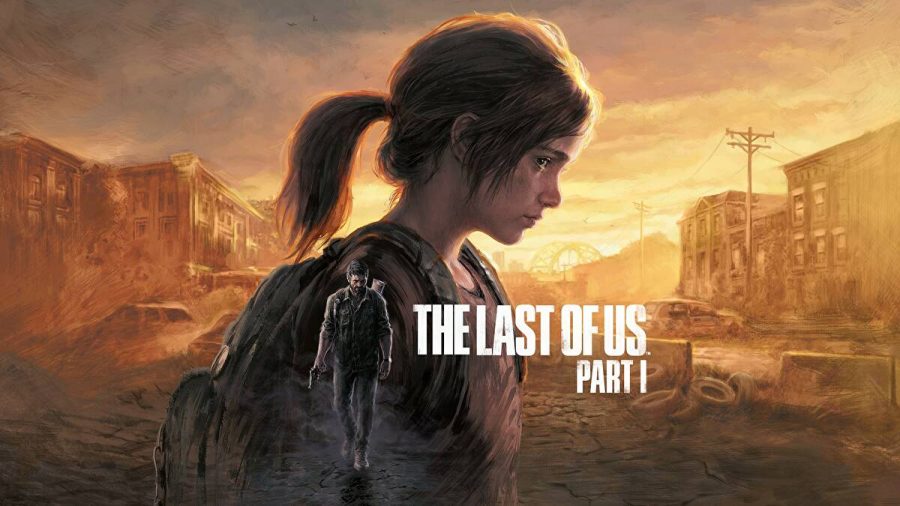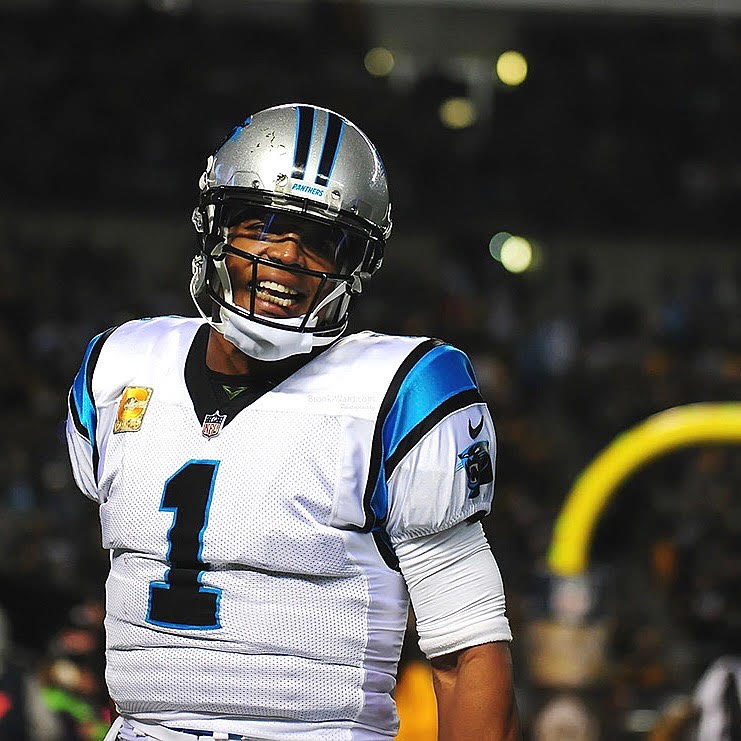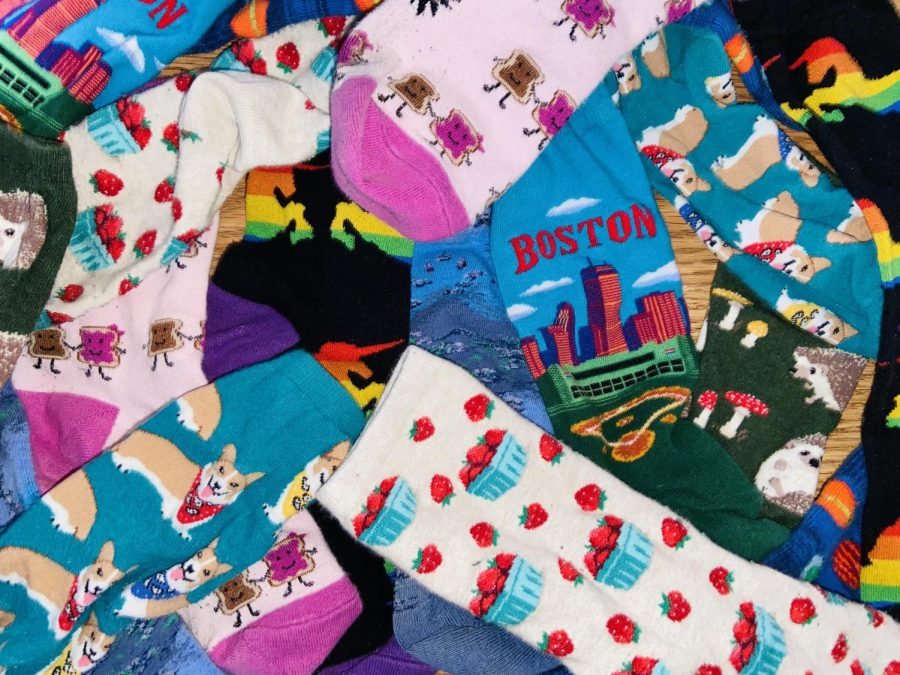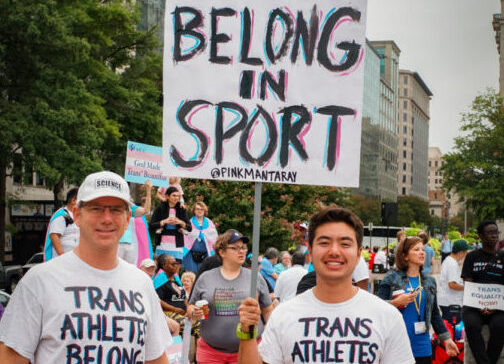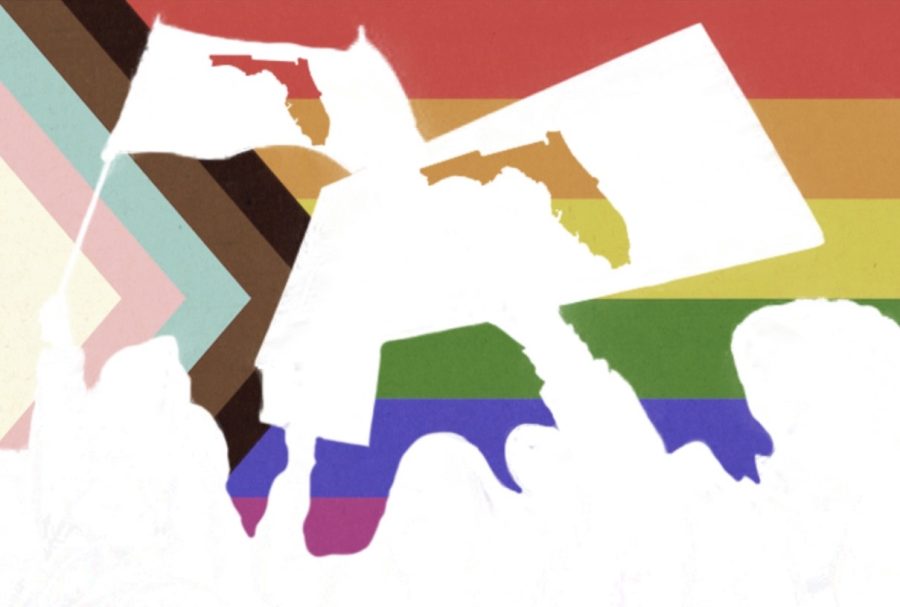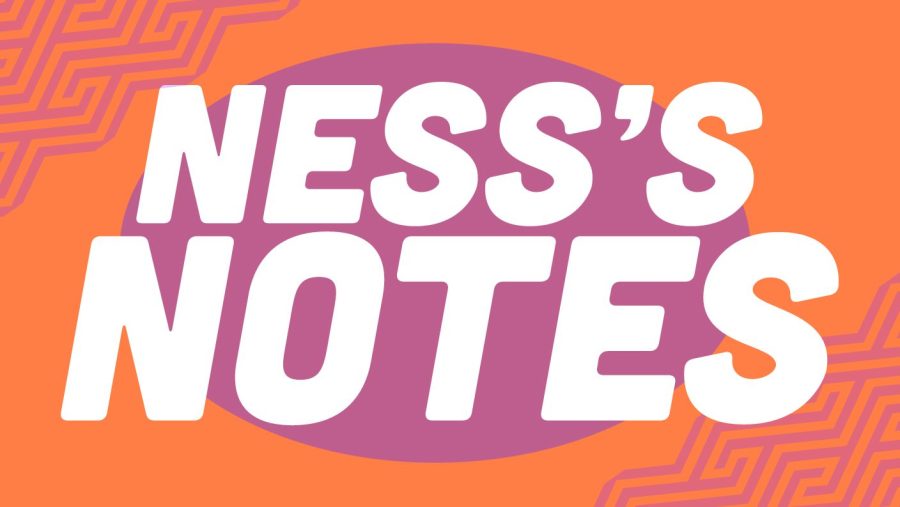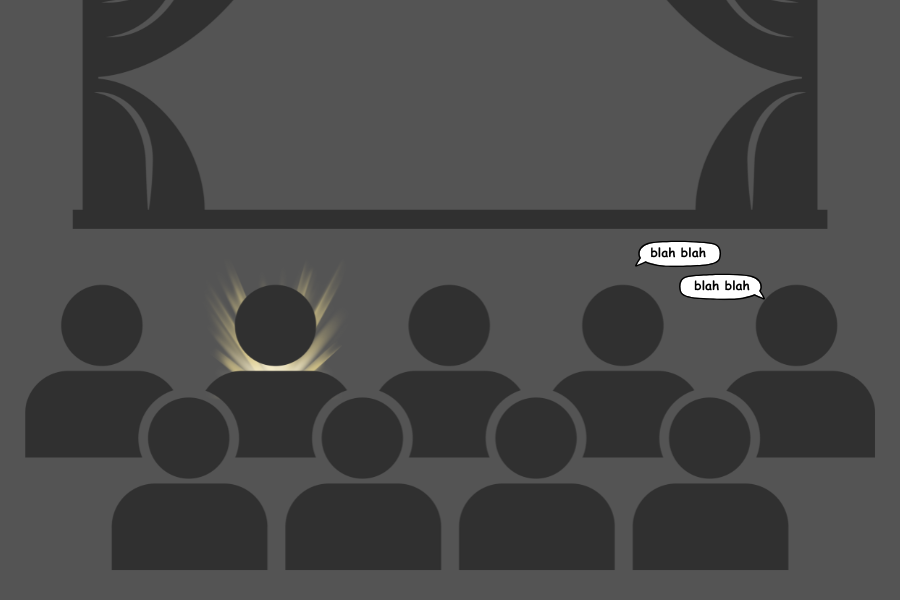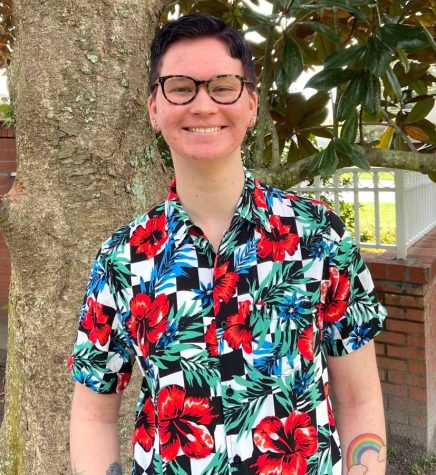TRIGGER WARNING: This article discusses themes of suicide.
Queer love is as sweet as strawberries.
HBO’s “The Last of Us,” a television adaptation of the video game of the same name, shows the entirety of a tender queer love story between characters Bill and Frank in just 80 minutes of the series’ third episode.
“The Last of Us” involves a survivalist plot — much of which takes place in Boston — where anyone that becomes infected with a type of significantly contagious fungus grows violent, biting others and infecting them as well.
Bill, played by Nick Offerman, is a tough, seldom-smiling man who has grown accustomed to existing virtually alone in his rural Massachusetts home that is surrounded by homemade traps and explosives and a vast collection of firearms. Frank, played by Murray Bartlett, is the last one alive in a group of 10, and ends up trapped in a hole on Bill’s large property after falling in.
At first, Bill is opposed to helping Frank, but eventually gives in, leading to a tenderly awkward meal between the unlikely pair.
Frank’s discovery of Bill’s vintage piano prompts him to open a book of Linda Rondstat’s music, singing — albeit poorly — her heartbreaking tune “Long Long Time.” Bill interrupts and gives his own rendition of the song, bringing Frank to tears.
Perhaps the most moving aspect of this portrayal is the difference in how Bill and Frank are depicted in the game versus the show. In the video game, we hardly get to meet Bill and Frank. When they are shown, the tone is angry and resentful.
Years later, we see a gracious portrayal of their love.
While it’s devastating given that their relationship takes place during what is essentially an apocalypse, Bill and Frank’s love story is nothing short of tremendous, and is a necessary depiction of queer love in all of its glory.
Bill’s intense survivalist attitude allowed him to create a variety of defenses against raiders and the infected on his property. He protected both himself and Frank, and it is clear that Frank was his priority.
Perhaps one of the most precious scenes in this episode is where Frank planted a garden of strawberries, surprising the frequently gruff Bill. Once seeing the rows of berries, Bill’s frown immediately softened.
The two partners broke out giggling and smiling at one another, each raising a strawberry and toasting them like glasses of champagne. It’s a celebration of love and the simple things that bring out our sentimental side, even in a person as hardened as Bill.
It’s not a frilly scene, but it shows that even in the worst of times, we can see the joy that folks like Bill and Frank find within each other.
20 years into their partnership, Frank falls ill with an unnamed disease without an apparent treatment or cure. One day, he tells Bill that he plans to end his life seeing as he only sees his health growing increasingly grim. Unable to bear the thought of living his life without Frank, Bill decides to take his life as well.
The last day of their lives, the two exchange rings, deeming themselves married — in a universe where society collapsed just before gay marriage became legalized in Massachusetts — followed by eating the same meal that Bill cooked the day that the two met and sharing the same wine as well.
Bill tells Frank that he was his purpose, and there is a feeling of fulfillment and peace that fills the room, in our case the television.
Bill and Frank didn’t just survive during this time. They found a way to make an extraordinary life for themselves for 20 years. There’s something to be said about a love that endures for two decades during such a brutal time. It’s not a metaphor for queer love, it is queer love.
In a society that is still so often plagued with ignorance and hate towards the queer community, it’s important to remember that queer love is as beautiful as a field of strawberries and the bond that Bill and Frank shared. Above all else, love transcends gender in all its tenderness and grace.
Follow Ashley on Twitter!
@ashleyness2000


